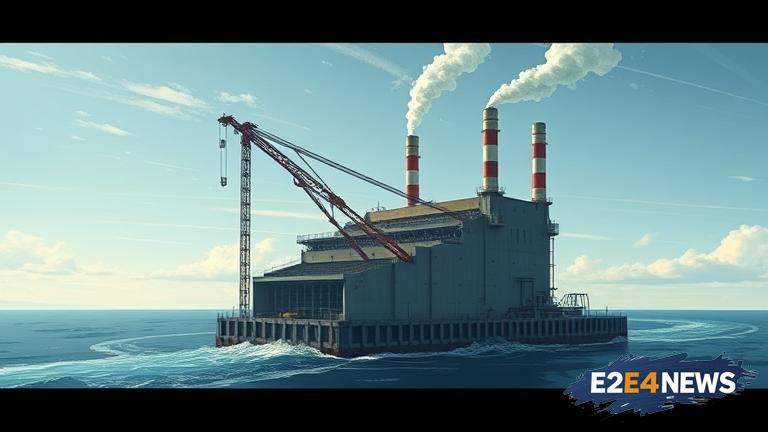The Japanese government has announced plans to release over 1 million tons of treated radioactive water from the Fukushima Daiichi nuclear plant into the ocean. The decision has been met with opposition from local fishermen and neighboring countries, who are concerned about the potential impact on the environment and human health. The Fukushima Daiichi nuclear plant was damaged in a tsunami in 2011, resulting in the release of large quantities of radioactive materials into the environment. Since then, the plant’s operator, Tokyo Electric Power Company (TEPCO), has been struggling to contain the radioactive water. The treated water is expected to be released over a period of several years, with the first release scheduled to take place in the spring of 2023. The Japanese government has assured that the water will be treated to remove most of the radioactive materials, but some experts have raised concerns about the potential risks. The decision has been criticized by neighboring countries, including China and South Korea, who are concerned about the potential impact on their own environments and economies. Local fishermen have also expressed opposition to the plan, citing concerns about the potential impact on their livelihoods. The Japanese government has offered to provide compensation to affected fishermen, but many are skeptical about the effectiveness of the measures. The International Atomic Energy Agency (IAEA) has expressed support for the plan, citing the need to address the ongoing environmental and health risks associated with the Fukushima Daiichi nuclear plant. However, some experts have raised concerns about the lack of transparency and public consultation in the decision-making process. The release of the treated water is expected to be a major milestone in the decommissioning of the Fukushima Daiichi nuclear plant, which is expected to take several decades to complete. The Japanese government has pledged to continue monitoring the situation and taking steps to mitigate any potential risks. Despite the concerns, the Japanese government has emphasized the need to address the ongoing environmental and health risks associated with the Fukushima Daiichi nuclear plant. The decision is seen as a major test of the Japanese government’s commitment to transparency and public safety. The release of the treated water is expected to have significant implications for the environment, human health, and the economy, both in Japan and beyond. The Japanese government has assured that it will continue to work with international partners to address the ongoing challenges associated with the Fukushima Daiichi nuclear plant.
